Master Keuzevak Taal Engels
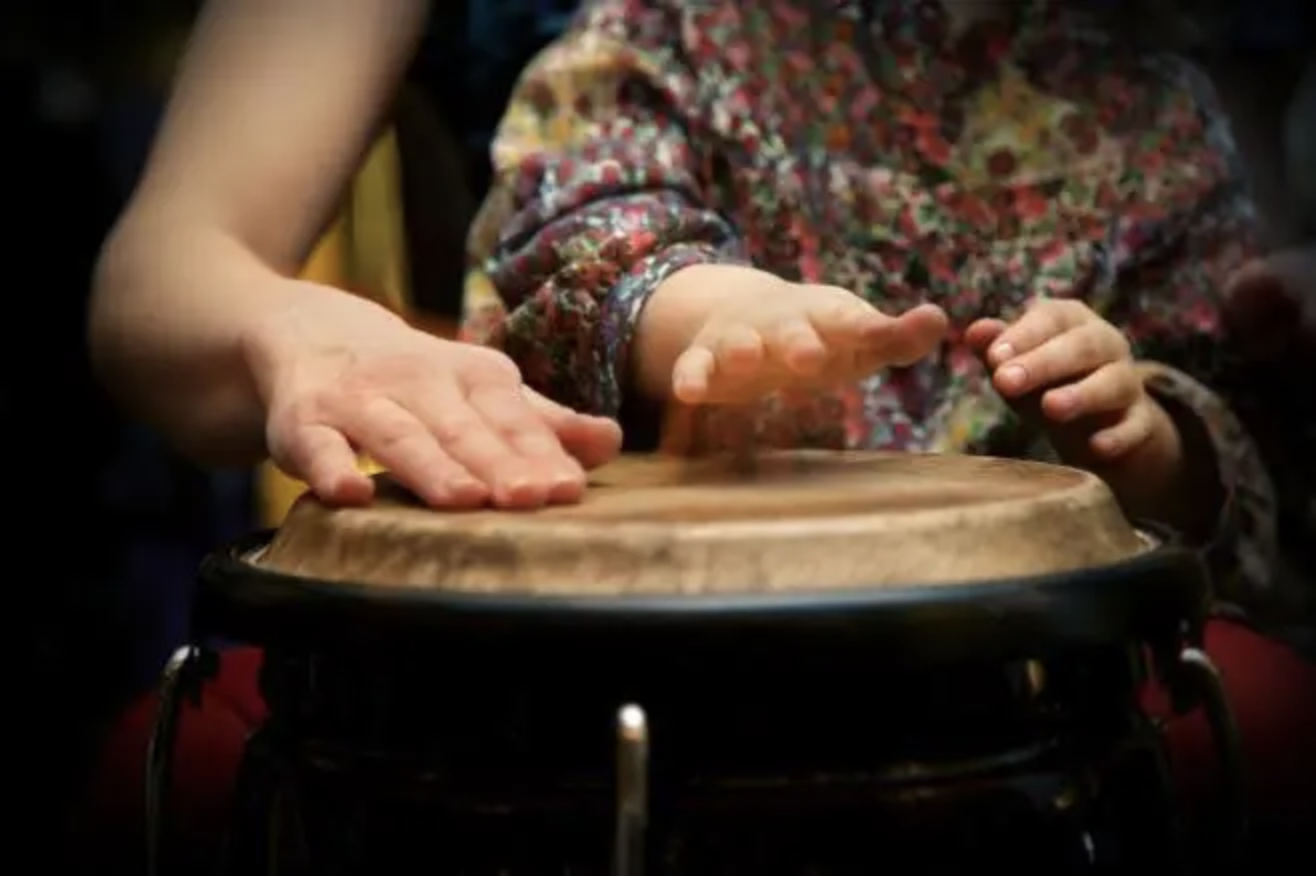
1. Issues in Music Education
Meer Info
At the end of this course unit, the student will be able to:
- situate and explain a number of current research themes in music education.
- integrate (music) educational frameworks when discussing concrete research themes.
- make connections to existing theoretical insights and current research themes when
- reflecting on own music education experiences.
- provide concrete examples of music education practices as illustrations of current research themes.
Evaluation is based on an oral examination.
Campus Leuven | Educatieve master Muziek & Podiumkunsten.
3 ECTS
Semester 2
English
Titularis: Thomas De Baets i.s.m. research cluster Music Education (www.musiceducation.be)

2. Approaches of Innovative teaching
Meer info
|
1 |
|
Students will encounter several innovative teaching approaches and perspectives:
synchronous hybrid learning
didactic applications of educational technology
the expanded classroom (lifting the boundaries to non-formal educational practices)
transformative education: teachers as agents of change for sustainable futures
augmented and virtual reality as a tool for bioeconomy, global citizenship and art education
During ca. 18 contact hours, spread over 6 days on 6 different locations throughout Flanders, lectures and group assignments will be organised. Students can travel by train to the different locations, the modalities will still be announced by their institution.
In the afternoon, students can opt-in for an international activity at the location where the lesson takes place.
Campus Leuven | Educatieve master Muziek & Podiumkunsten.
3 ECTS
Semester 2
English
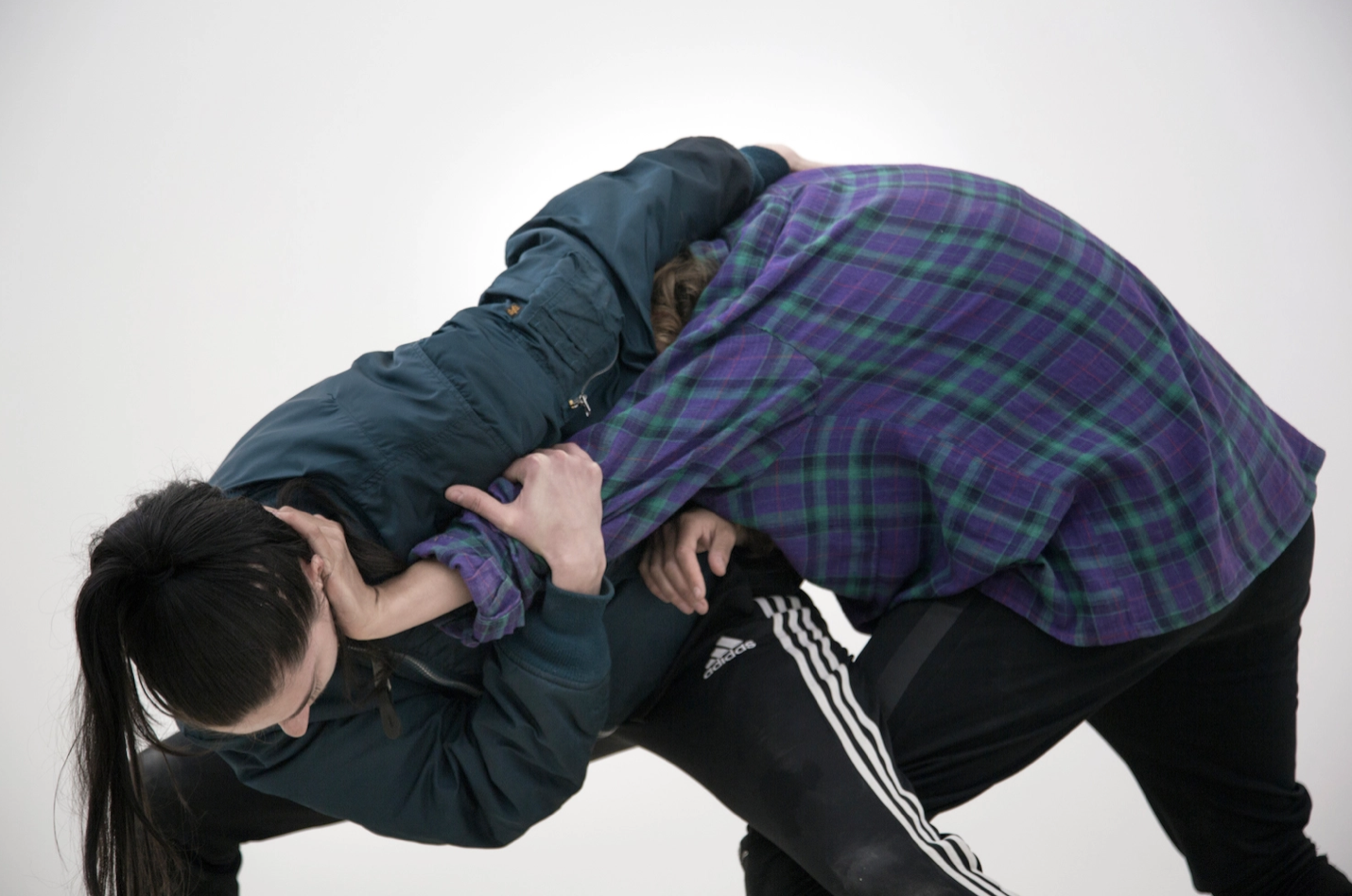
3. Too Body To Fail
Meer info
Contemporary developing art and design practices are performative: as we produce, we engage in permanent exposure. We move through studio visits, act out desk crits, and feed our screens with cultivated online personae. Always on, online, live. Practice is also collective, in conversation, networked, and public: By immersing in performance experiments, we will expand our experiences and understanding of the performative and physical/virtual presence of ourselves and our practice.
Moreover architects and artists share a role, as their physical presence is crucial in understanding, becoming, making – in connection with varying users and audiences. In a series of workshops, we will explore the fundamentals of performance, and try out practices of embodiment. We will actively and collectively investigate performance as constructing bodily awareness, group sensitivities, spatial generosity, and collaboration.
Through a performative practice the participants of this seminar explore engaging performative strategies beyond disciplinary boundaries. We will explore various aspects of improvisation and real-time composition, in dialogue with contemporary themes and politics, education, and society at large. We will step outside the studio, and deploy performance as a tool to disrupt real-life situations. TOO BODY TO FAIL deepens the understanding of “the self” and guides students towards critical positions to positively and productively engage with the worlds around them.
Keywords: performance, cooperative, body awareness, exchange, workshop, embodiment.
Campus Gent | Beeldende Kunsten
Esther Venrooij
6 ECTS
Semester 1
English
max 25 students
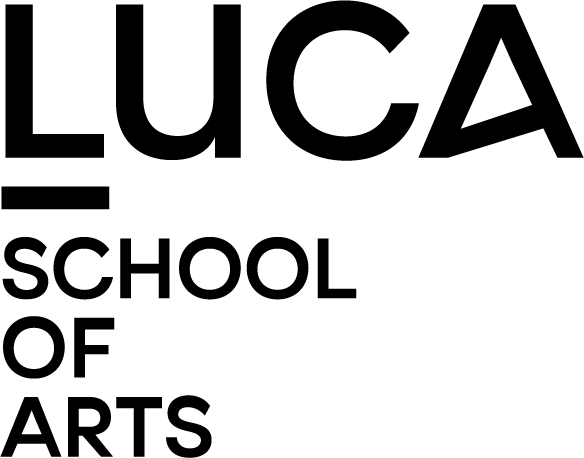
4. Play and Intercultural Exchange
Meer info
The course module is divided in two parts. In the first part students are immersed, in the form of various hybrid workshops, in different methods to apply LARP and somatic design within a locative and interpersonal context. Based on these workshops, each introducing a different apporach to the above mentioned methods, they create a narrative journal in which they document their own personal and inter-personal narratives. In the second part of the course module they elaborate these micro-narratives into a larger, collective narrative architecture, using a locative annotation app (such as for example Google Open Space).
PLANNING:
- Week 1. 6/10 (morning). Introduction LARP design and somatic design as methods for development of group processes.
- Week 1. 6/10 (afternoon). Introduction / tutorial online locative annotation platform.
- Week 2. 13/10 (afternoon). Workshop 1: LARP and Somatic Design in public context (o.l.v. Carina Erdmann).
- Week 3. 20/10 (afternoon). Workshop 2: LARP and Somatic Design in public context (o.l.v. Carina Erdmann).
- Week 4. 27/10 (afternoon). Workshop 3: LARP and Somatic Design in public context (o.l.v. Carina Erdmann).
- Week 5. 10/11 (afternoon). Workshop 4: LARP and Somatic Design in public context (o.l.v. Carina Erdmann).
- Week 6. 17/11 (afternoon). Collective Worlding session: development of a method to connect (inter-)personal micro-narratives to one another.
- Week 7. 24/11 (all day – appointment with tutors). Indivudual coaching in development of mixed-media locative narration.
- Week 8. 1/12 (all day – appointment with tutors). Indivudual coaching in development of mixed-media locative narration.
- Week 9. 8/12 (afternoon). Exhibition moment: narrative walkthrough in public space.
6 ECTS
Semester 1
English
max 25 students
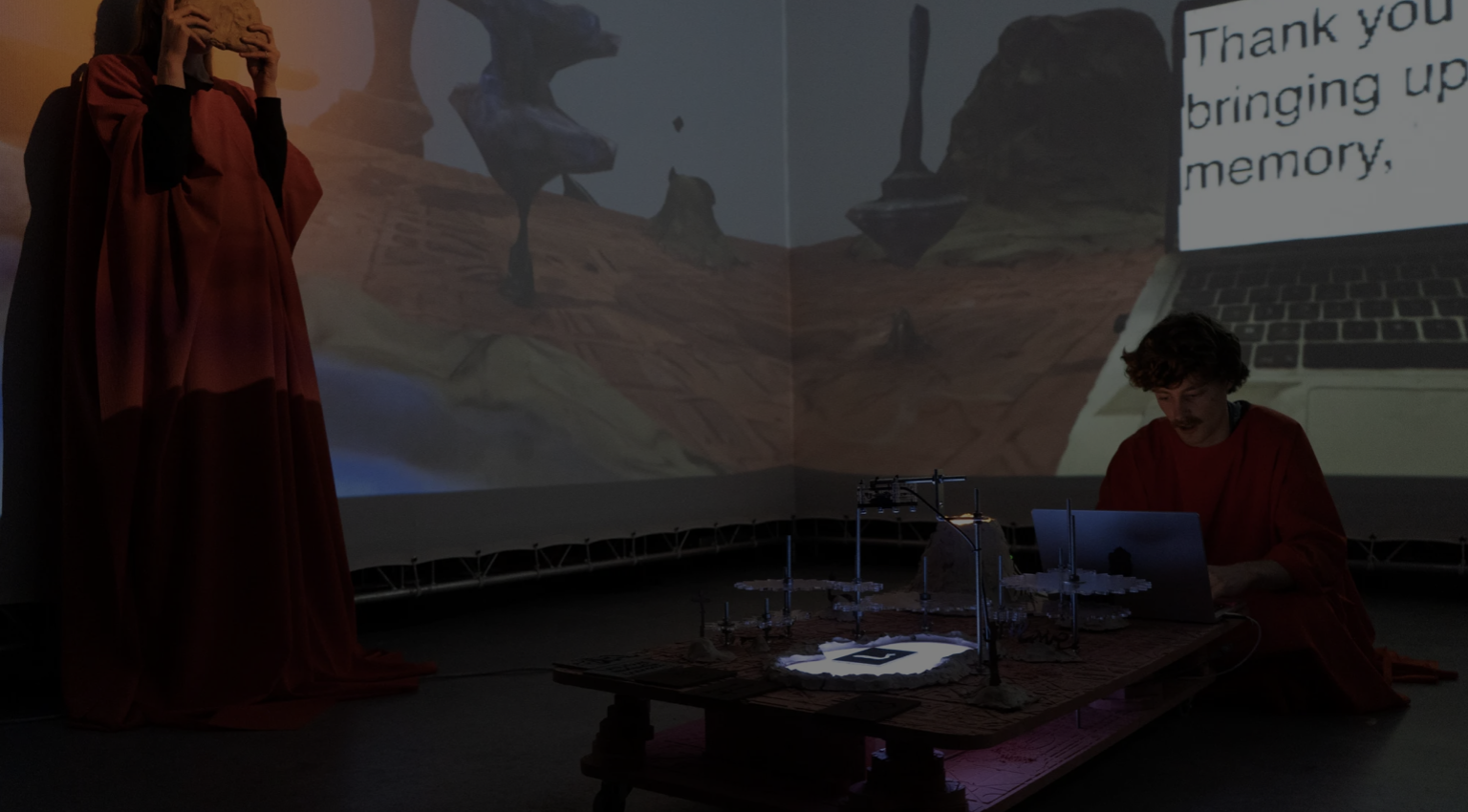
5. Beyond Immersive
Meer info
Hybridization of realities – Blending Artistic Expression and Technological Innovation.
Hybridization of realities refers to the blending or merging of different elements from the physical and digital worlds to create a unified and interconnected experience. It involves combining artistic expression and technological innovation to transcend traditional boundaries and create immersive environments where the real and digitized coexist.
In this elective you will explore the integration of various technologies available within the Luca Spatial Computing Lab (LucaSCL*), with artistic practices to create new and transformative experiences that blur the line between the physical and digital realms. Your project aims to explore the convergence of realities, leading to the creation of unique and engaging spaces that challenge conventional perceptions and evoke emotional responses.
Additionally, the course will cover the ethical considerations and potential uses of immersive technology.
Campus Brussel | Beeldende Kunsten
Klaas Verpoest
6 ECTS
Semester 2
English
max 20 students
(foto: What does the vulcano say? Performance in LucaSCL* by Sarah&Jonas ©photoMaartenLauwers)
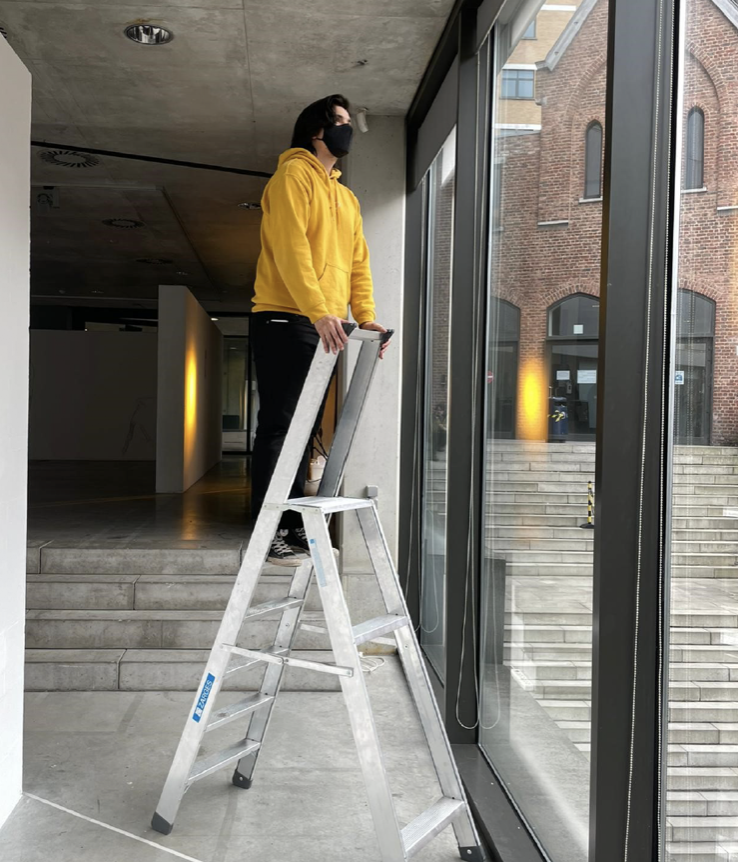
6. Introduction to Curatorial Studies
Meer info
De cursus is een theoretische en praktische inleiding tot curatorship. Het stelt de vraag wat het maken van tentoonstellingen vandaag betekent door te kijken naar verschillende praktijken uit diverse (geoculturele) contexten en instellingen. Gastsprekers, excursies, (virtuele) museumbezoeken en een reader stellen de studenten bloot aan verschillende onderwerpen die vandaag het vakgebied van Curatoriële Studies bepalen. Speciale aandacht gaat uit naar de betekenis van transhistorische en transculturele benaderingen, de kwestie van dekolonisatie en restitutie, gender, culturele economie, en het on- en offline cureren. De cursus is verankerd in een globaal perspectief, wat betekent dat Belgische en Europese standpunten worden gemengd met perspectieven uit the Americas en de global South. Het doel is om een brede kijk op curatorschap te geven en aan te tonen hoe culturele, economische en sociale contexten de praktijk beïnvloeden. De cursus is niet gericht op één medium of periode, maar behandelt kunst in het algemeen, met inbegrip van dans, film en video, moderne en hedendaagse kunst. Door een brede kijk op het curatorschap te bieden, bereidt het studenten voor op curatoriële posities en situaties. Het geeft hen een stevige theoretische en praktische basis om een tentoonstelling te conceptualiseren en kritisch na te denken over de praktijk.
Eén van de hoofdactiviteiten is de groepsopdracht die gericht is op het ontwikkelen van een tentoonstellingsconcept, gebaseerd op uitdagende artefacten/kunstwerken uit een collectie. Het gaat om objecten die zelden worden geëxposeerd, waarover weinig of geen informatie beschikbaar is, een onduidelijke herkomst hebben, of gewoon ronduit vreemd zijn. Kortom, de objecten roepen verschillende politieke, economische, sociale of culturele kwesties op.
De cursus duurt één week (voltijds) met een presentatiemoment later in het semester.
Campus Schaarbeek | Beeldende Kunsten
Laurens Dhaenens
6 ECTS
Semester 2
English
max 25 students
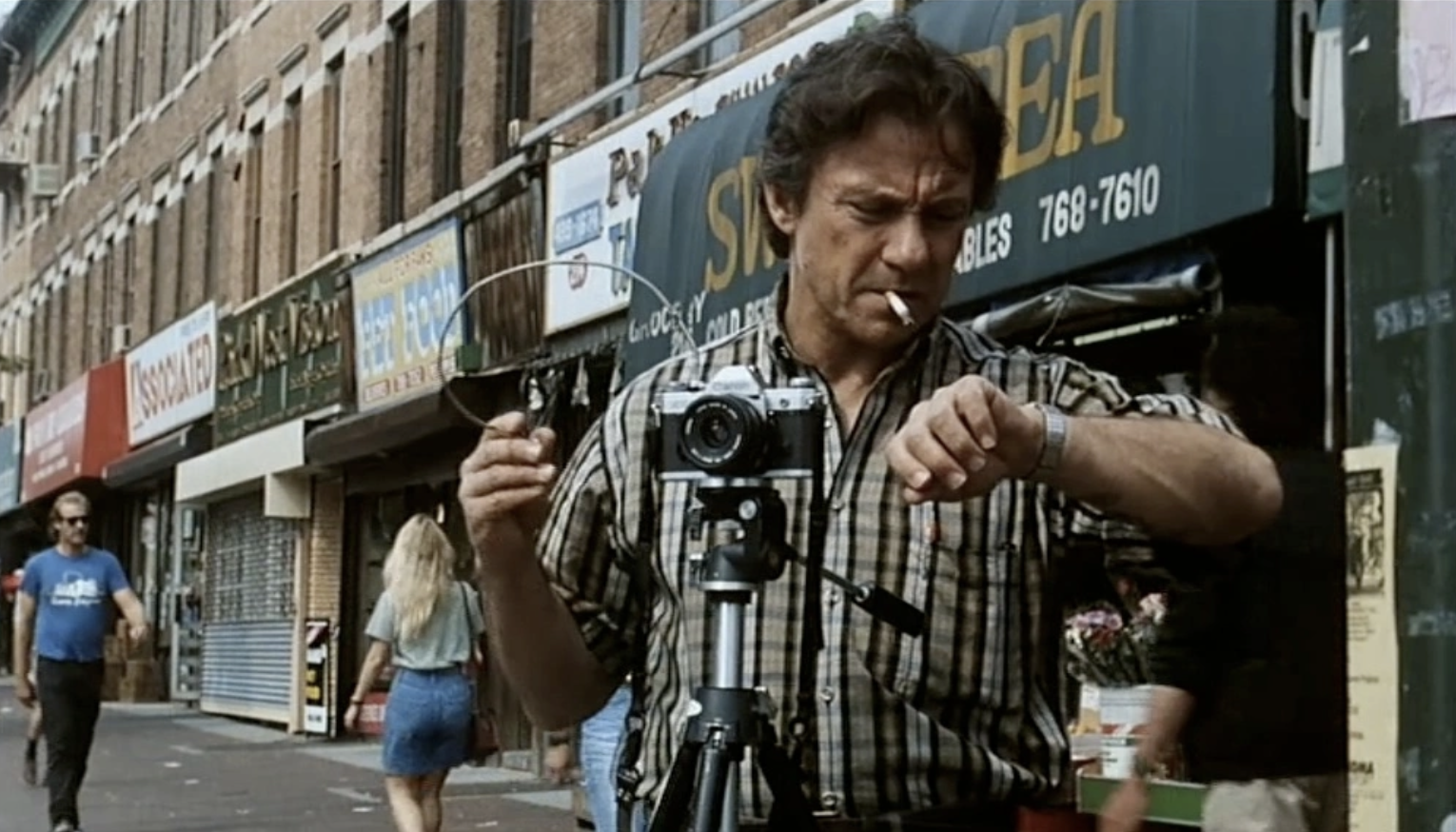
7. The Practice of Everyday
Meer info
Artists and researchers often use a specifically defined daily routine throughout their career: they use sketchbooks or diaries, they do daily observation exercises, or they follow a strict routine to organise their day. Sometimes this practice becomes part of their ‘public’ work, sometimes it remains below the radar but acts as a specific working and research method that feeds into other projects. This course will offer a critical perspective on the development of a daily practice both as an undercurrent/exercise/training of an artistic practice and as an artistic research method to develop one’s critical position as an artist. One the one hand, the students will be invited to experiment with and to develop their own daily practice during the course. On the other hand, we critically will assess the position and potential of such research practices by looking at diverse examples of artists, writers, and scientists.
Campus Brussel | Beeldende Kunsten
Bart Geerts
6 ECTS
Semester 1
English
max 25 students
8. Choreographing Film and Filming Choreography
Meer info
The main focus of this master elective is the relationship between choreography and the moving image. More specifically we focus on audiovisual artworks that portray ‘movements of everyday life’ as well as on a few carefully selected groundbreaking choreographies in which everyday movements are inscribed. The central idea of this course is that film is first and foremost an art form of bodies moving in space and that the element of cinema is gesture, not image.
A central point of departure in this elective is the work of Belgian filmmaker Chantal Akerman and her relation to Brussels, combined with a particular focus on the origins of the postmodern dance movement in the 1970’s in New York, famously introducing everyday movement to the stage.
The objective of the elective is to map a back-and-forth between these two defining moments for the art-scenes in Brussels and New York and on the deeply intertwined influences both had on each other and still have to this day. We draw a map of leading contemporary choreographic practices in and beyond ‘dance capital’ Brussels. We take it from there for an exploration of movement in contemporary audiovisual art practices, the question of recording performance, choreographic acting, documentary dancing and TikTok.
The elective contains guest lectures, performances and roundtables from and with filmmakers, dancers, performers and critics.
Campus Brussel | Audiovisuele & Beeldende Kunsten
Robbrecht Desmet Camiel Van Winkel
6 ECTS
Semester 1
English
max 35 students
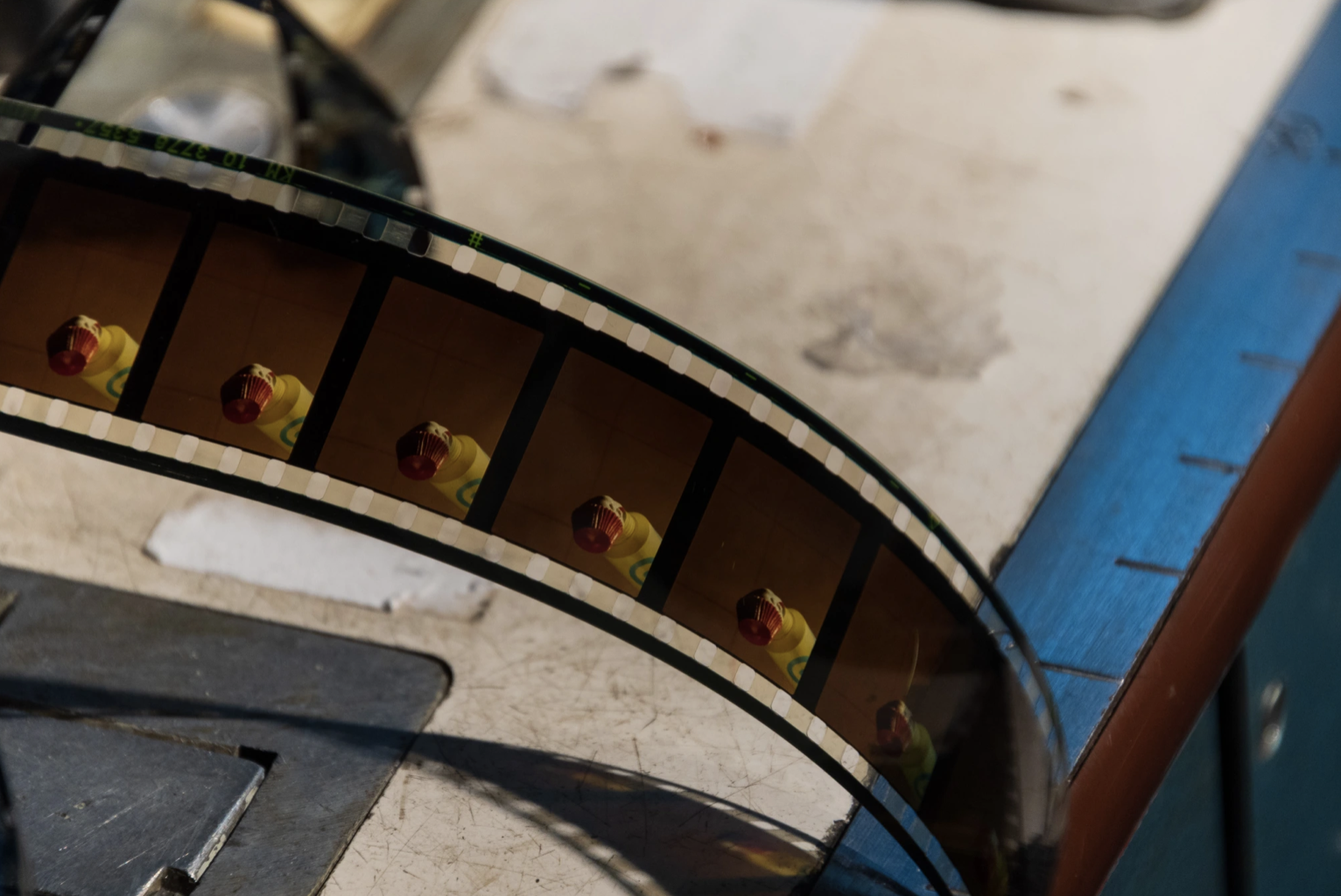
9. Film Archive and Heritage
Meer info
This module focuses on the concept of ‘heritage’ in relation to film archives and national cinema cultures. The module will cover some of the ways that film heritage relates to, for example, tourist industries, the dissemination of national cinemas, and problematic issues around ethnicity and national identities. Various modes of filmmaking practice will be considered.
Additionally, students will be introduced to the various extra-filmic materials that contribute to film heritage, including promotional ephemera, production notes, contemporary reviews and analyses, institutional records, and the preservation of film sets and locations. Relationships between historiography and film artefacts will be interrogated.
Classes consist of lectures and visits to relevant institutions, such as the Royal Film Archive in Brussels. Students also work individually on an assignment, which they present orally and in writing.
Campus Brussel | Audiovisuele & Beeldende Kunsten
Roel Vande Winkel
6 ECTS
Semester 1
English
max 25 students
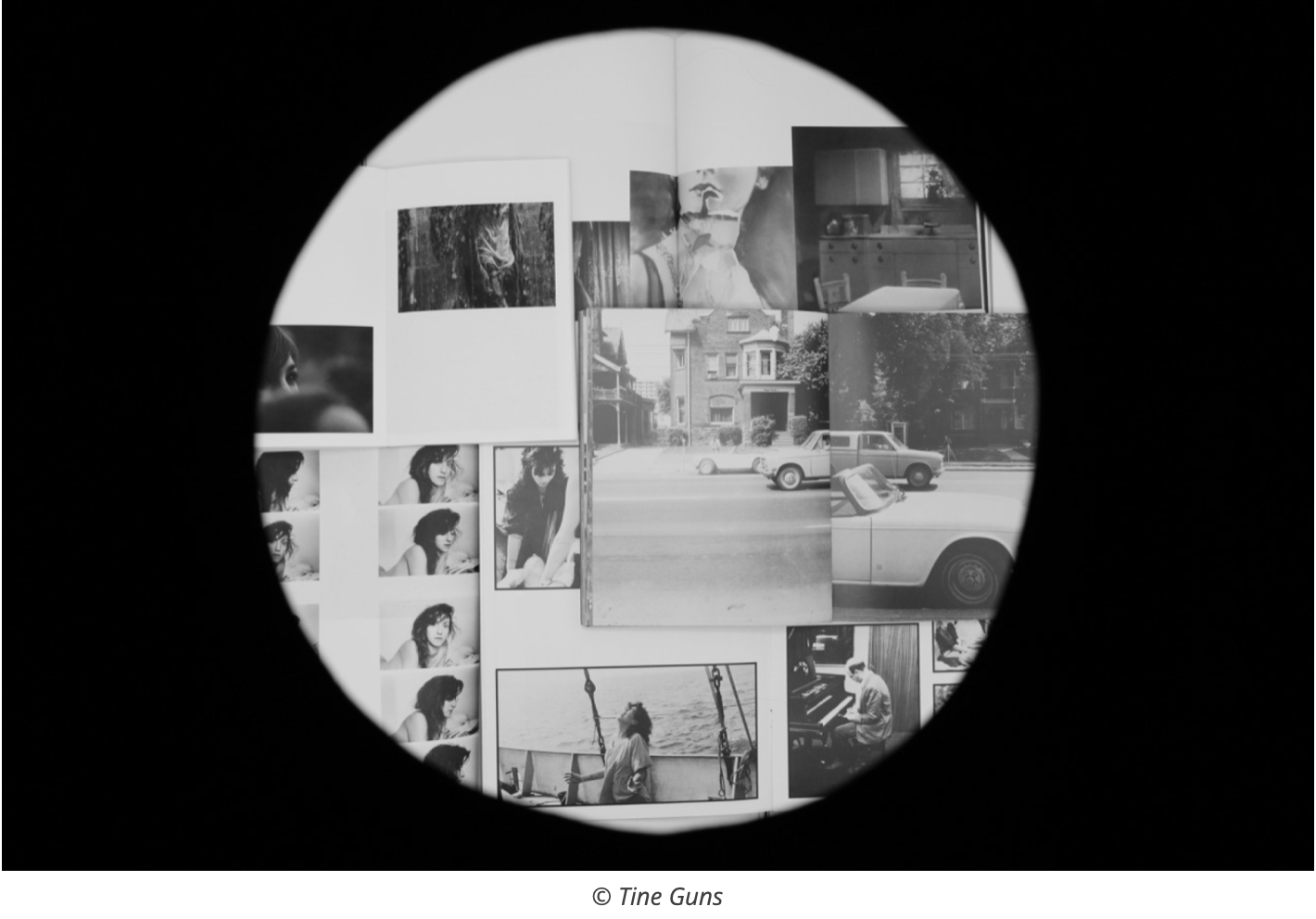
10. Exhibit(s)
Meer info
“The narrative interior” is about exhibitions and creating them. The subject is placed in a broad theoretical and practical framework.
An exhibition informs and entices, amazes, creates commitment or calls on experiences. Inspiring examples are studied and visited: spaces that take the audience into a story.
Interdisciplinarity is another core concept: different media come together, all elements of both content and form become truly inseparable. Therefore, encounters are also set up with these other parties.
Starting from the theoretical framework, a design project is set up.
KULeuven faculteit architectuur
Leen Scholiers
6 ECTS
Semester 2
English
max 25 students
Praktische informatie en Trajectbegeleiders – Practical Information and Study Counsellors
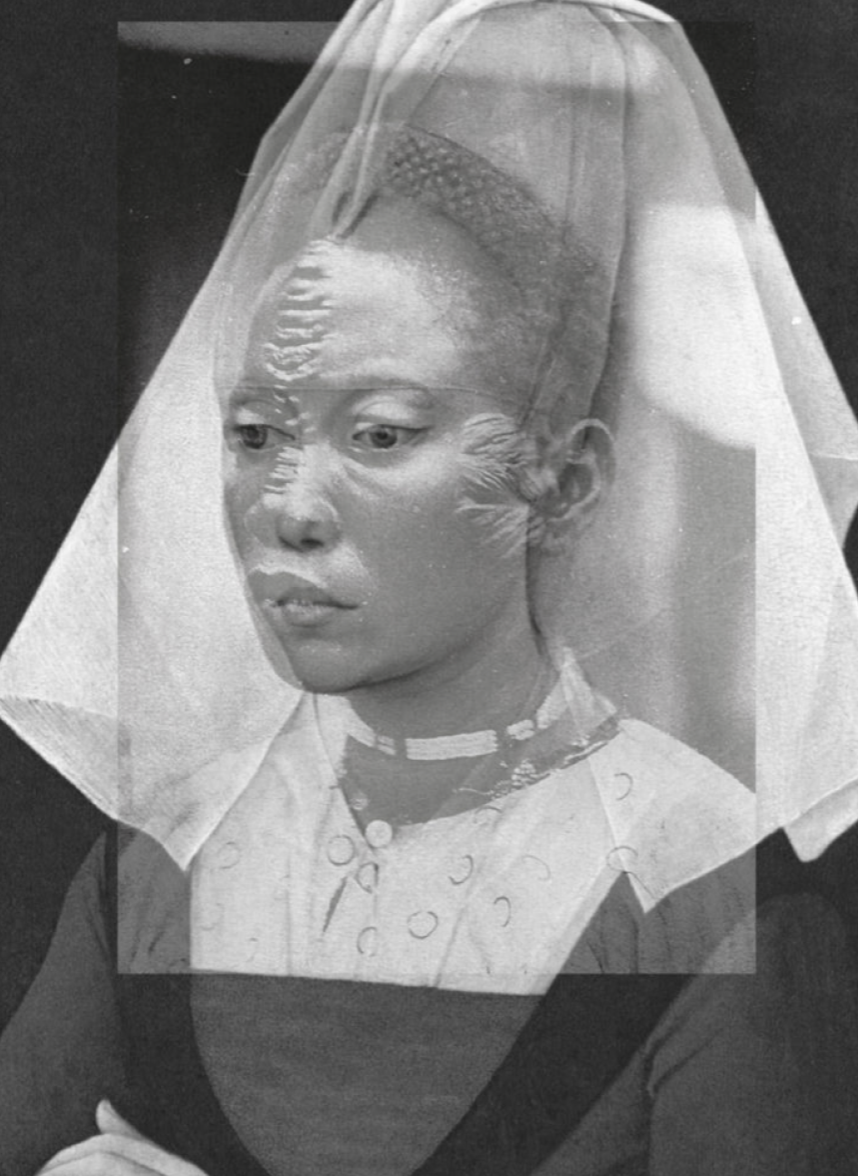
11. From mono to multiple. Multiple narratives and decolonization and/in arts.
Meer info
The current decolonization process has many voices, perspectives, and positions. Decolonization is not a univocal, nor linear route, and several obstacles and barriers must be overcome. Which artistic strategies can we imagine to fortify this process and to decolonize ourselves?
The seminar starts with an introduction into the Western history of ‘othering’; a deeply rooted often unconscious mechanism of oppositional dualism that situates otherness – as undesirable and unwanted – outside the self. This leads to polarization, intolerance (also towards ourselves), inequality, and systematic exclusion. As is manifestly clear in our colonial amnesia that is part of a monolithic history, that silences other histories and marginalizes other experiences. How can we create (space for) new multiple narratives, that acknowledge interdependency and reciprocity, and that correspond to the multiplicity of today’s world?
Following an interdisciplinary approach, combining a practice of listening, bodily performative experimentation, the exploration of alternative epistemologies and ontologies, and the study of decolonial literature (Achille Mbembe, Rolando Vazquez, Gloria Wekker, a.o.) we will address topics such as: systematic discrimination and trauma, extractionism, migration and belonging, placelessness and connectedness, the nomadic artist, shared histories and identities (like Afropeanism), pluriform visions of personhood, transhistorical storytelling, reframing the archive, positionality, identity politics and safe spaces, co-creation as a strategy for collective maker- and authorship, aesthetics of the 21st century.
To do so we will be diving in the works of several artistes, such as Otobong Nkanga, Pélagie Gbaguidi, Pascal Marthine Tayou, Lara Bongard, Maarten Vanden Eynde and Musasa Leu N’seya, Picha Artist Collective and the Lubumbashi Biennale, Sammy Baloji, Hadassa Ngamba, Roland Gunst / John K Cobra, Amanda Pina, Adichi Chimamanda Ngozi, Bernardine Evaristo, Camille Henrot and the Otolith Group artist collective.
Campus Gent | Beeldende Kunsten
Anja Veirman
6 ECTS
Semester 2
English
max 20 students
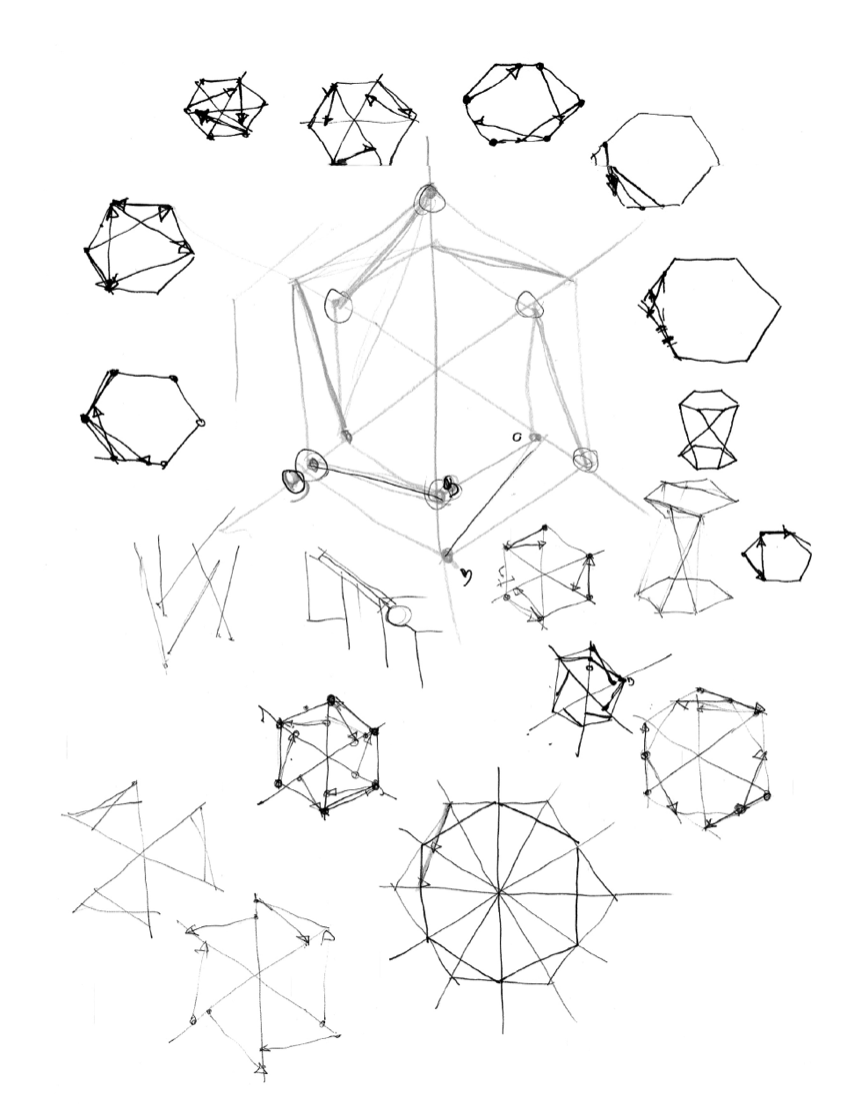
12. Reverse Perspective
Meer info
‘Reverse Perspective’ is a practical and theoretical exercise in art and architecture.
Through analysis and research the student achieves understanding of ‘perspective’ as an open question. Through group discussions and interviews with guestreaders, students are creating different viewpoints.
This cooperative architectural elective and theoretical seminar knows two aspects: first you have to shift site-specific what ‘perspective’ might be, in a concrete project, second you have to reflect on your project theoretically afterwards. Both aspects will be evaluated equally.
Campus Gent | Beeldende Kunsten & Faculteit Architectuur
Volkmar Mühleis
6 ECTS
Semester 1
English
max 25 students
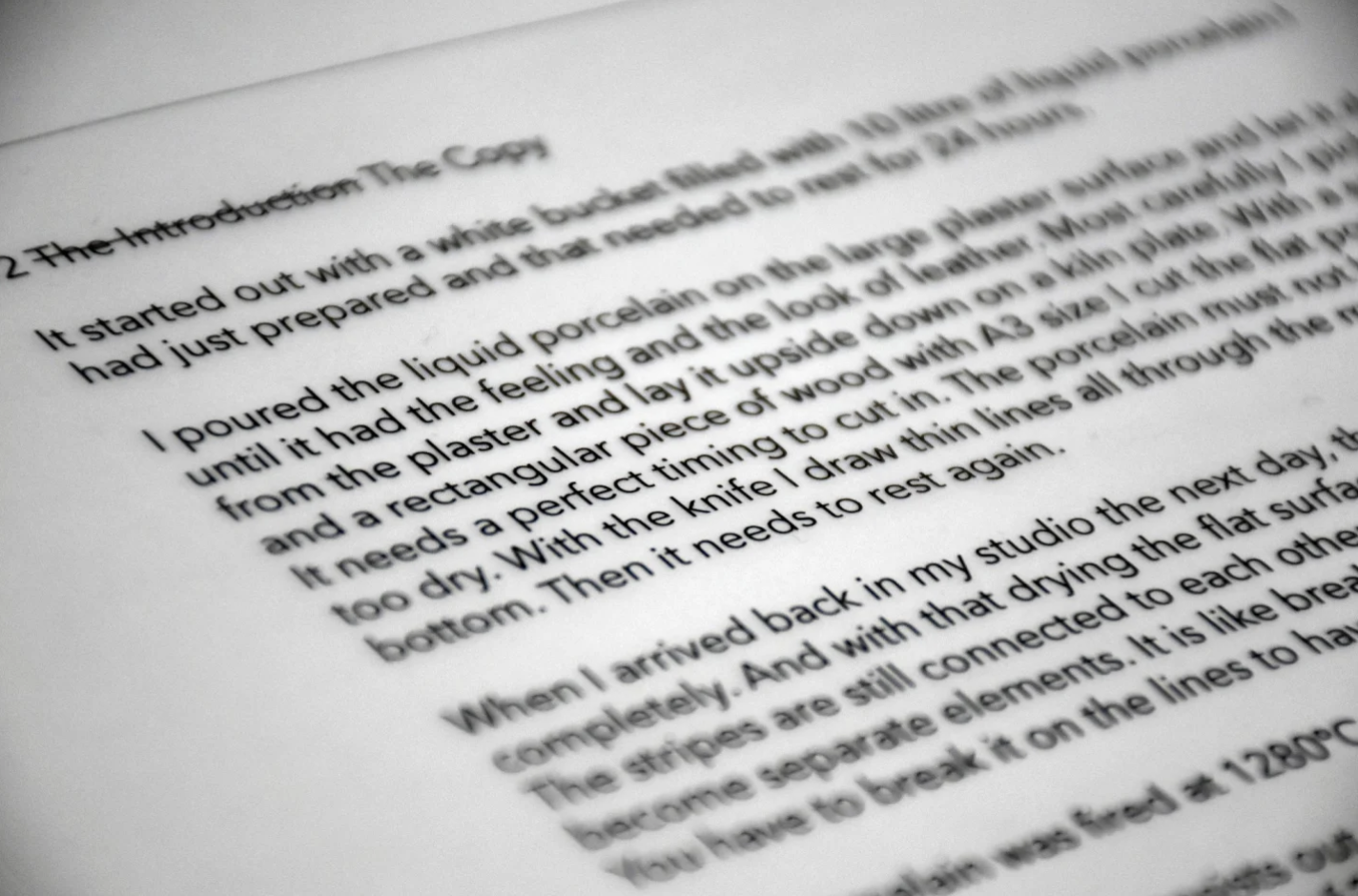
13. Contemporary Documentary
Meer info
This course introduces students to a selection of contemporary documentary films, covering different formats and hybrid works between documentary and art film and installation. Further analysis intends to provide an understanding of the context of the periods in which the films were produced by examining correlated cultural, social, artistic and technical influences. Throughout the different lectures, attention will be also paid to different filmic characteristics as narration, montage, camera, etc. Attention is paid to a wide area of topics, styles and formats. The cycle starts with relative traditional documentaries and slowly evolves into more and more experimental formats. Each lesson has a central (but not exclusive) film and theme. As such, this course aims to broaden the students’ scope on documentary formats, topics and environments.
Campus Brussel | Audiovisuele & Beeldende Kunsten
Pascal Vandelanoitte
6 ECTS
Semester 1
English
max 25 students
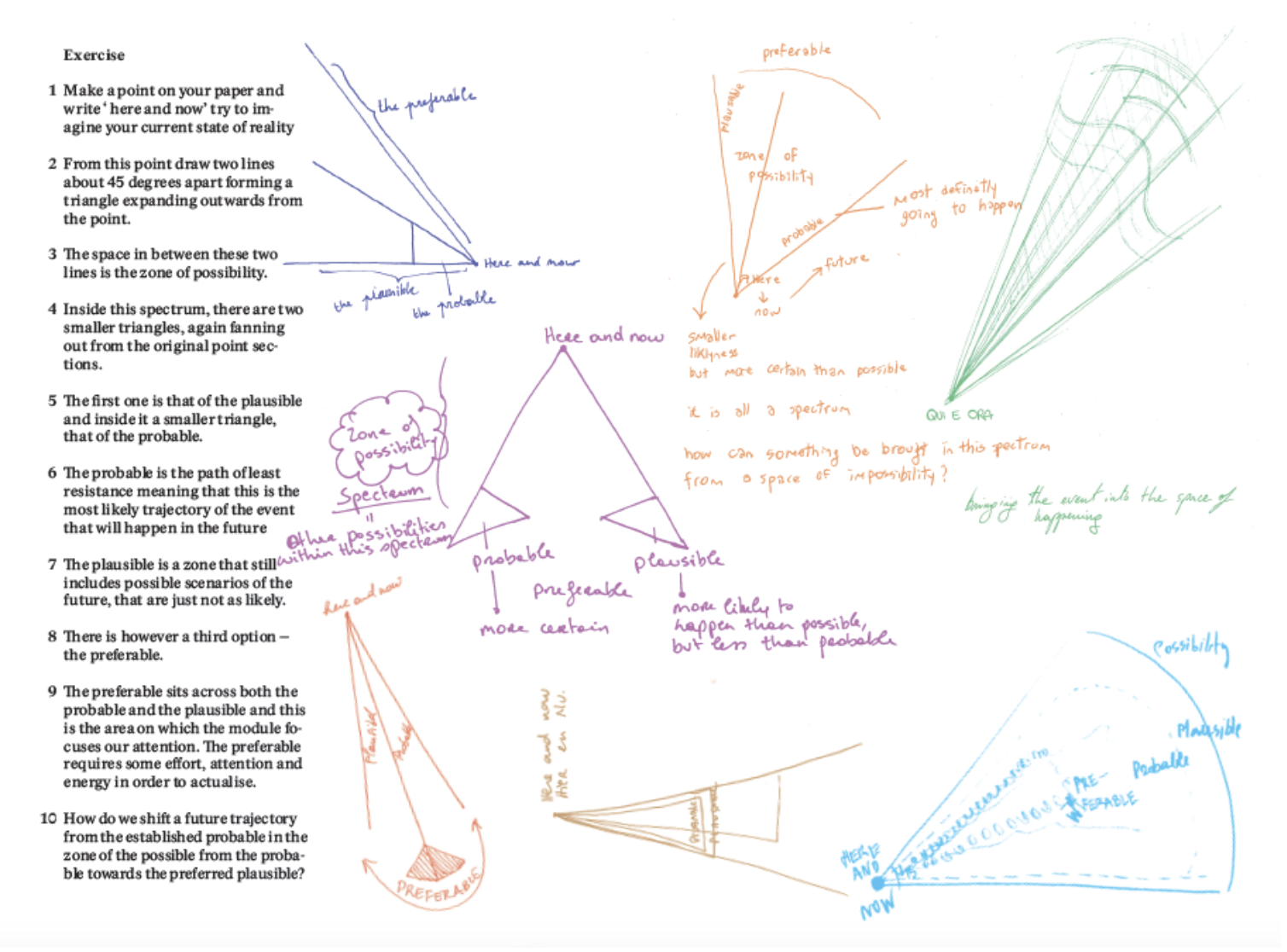
14. School of Equals
Meer info
Voor het vak ‘School of Equals’ volgen de studenten een workshop (van 25 tot 29 maart) waaraan dikwijls ook externe participanten deelnemen, bijvoorbeeld andere kunstwerkers, mensen die moeilijker toegang krijgen tot kunst- of educatieve instellingen of alternatief onderwijs hebben genoten… Tijdens deze workshop wordt gereflecteerd over de toegankelijkheid van het kunstonderwijs en over mechanismen van uitsluiting en ongelijkheid. Hiërarchische verhoudingen binnen onderwijsinstellingen worden via gesprek, artistieke praktijken en vormen van samen leren doorbroken. Het onderzoek gebeurt collectief in een gelijkwaardige samenwerking met de externe participanten en het kent een artistieke methode en vorm. We werken vanuit een decoloniaal en intersectioneel feministisch kader.
Naast de intensieve workshopweek worden gedurende het academiejaar enkele gastsprekers (begin december en begin maart) uitgenodigd die relevant zijn ten aanzien van de thematiek.
Participatie aan de intensieve workshopweek is verplicht. Kijk goed na of deze week past in de planning van je atelier.
Campus Gent | Educatieve Master Audiovisuele & Beeldende Kunsten
Stijn Van Dorpe
3 ECTS
Semester 2
Nederlands/Engels
max 25 students
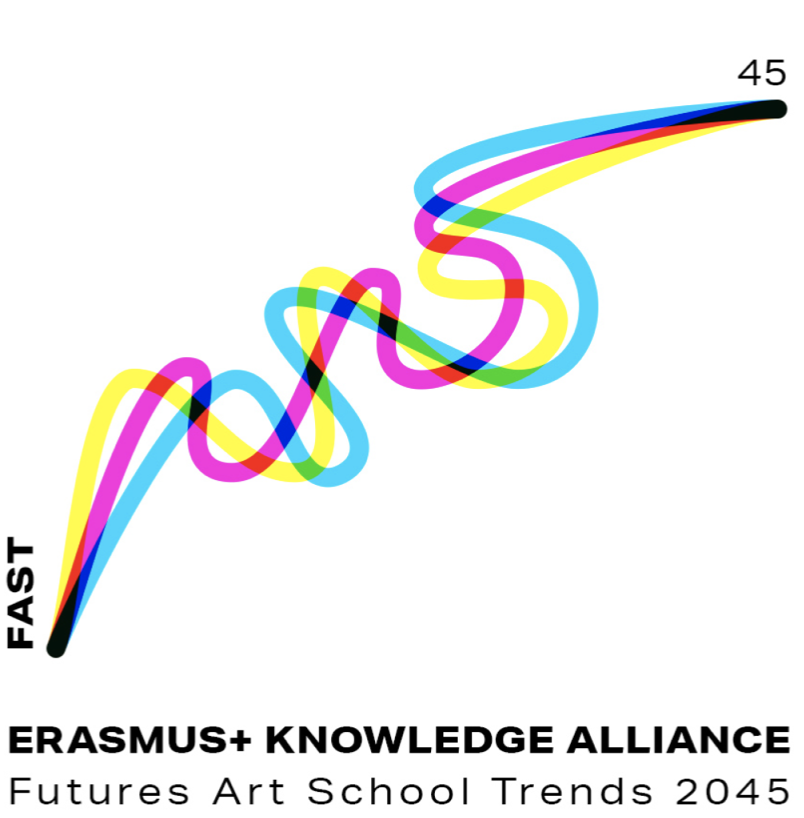
15. FAST45 – The art school in a posthuman era
FAST45 – The art school in a posthuman era consists of three lectures, one workshop, a laboratory (i.e., walking the ontological turn), and a team assignment. It introduces speculative adventures to explore the art school from a posthuman perspective.
FAST45 – The art school in a posthuman era centres around speculative work. A deep dive into the concept of posthumanism will serve as a lead-up to a workshop, a laboratory and a team assignment. The lectures introduce food for thought (e.g., visions, theories, methods, skills, stories, and examples). The workshop, the laboratory, and the team assignment aim to cross the culture-nature divide. Students will explore ways of posthuman thinking to constitute a more sustainable art school. The course digs into biomimicry (i.e., the practice of making (educational) designs copying natural processes). It reveals conjectural knowledge to rethink practices which are not (or no longer) sustainable in the art school. The output of the lectures, workshop and laboratory will bring input for a team assignment (see section study materials).
In this course, students will develop their posthuman literacy. More specifically, the course will zoom in on the following topics, themes and methodologies:
- What is the posthuman condition?
- What if the ontological turn becomes a transformative tool for art schools?
- What constitutes the critical zone of the art school?
- A hands-on overview of speculative methods and tools
- Reflection on an (own) artistic or design practice from a posthuman perspective
Campus Leuven | Educatieve Master Muziek & Podium Kunsten
Koenraad Hinnekint
3 ECTS
Semester 2
English
max 20 students
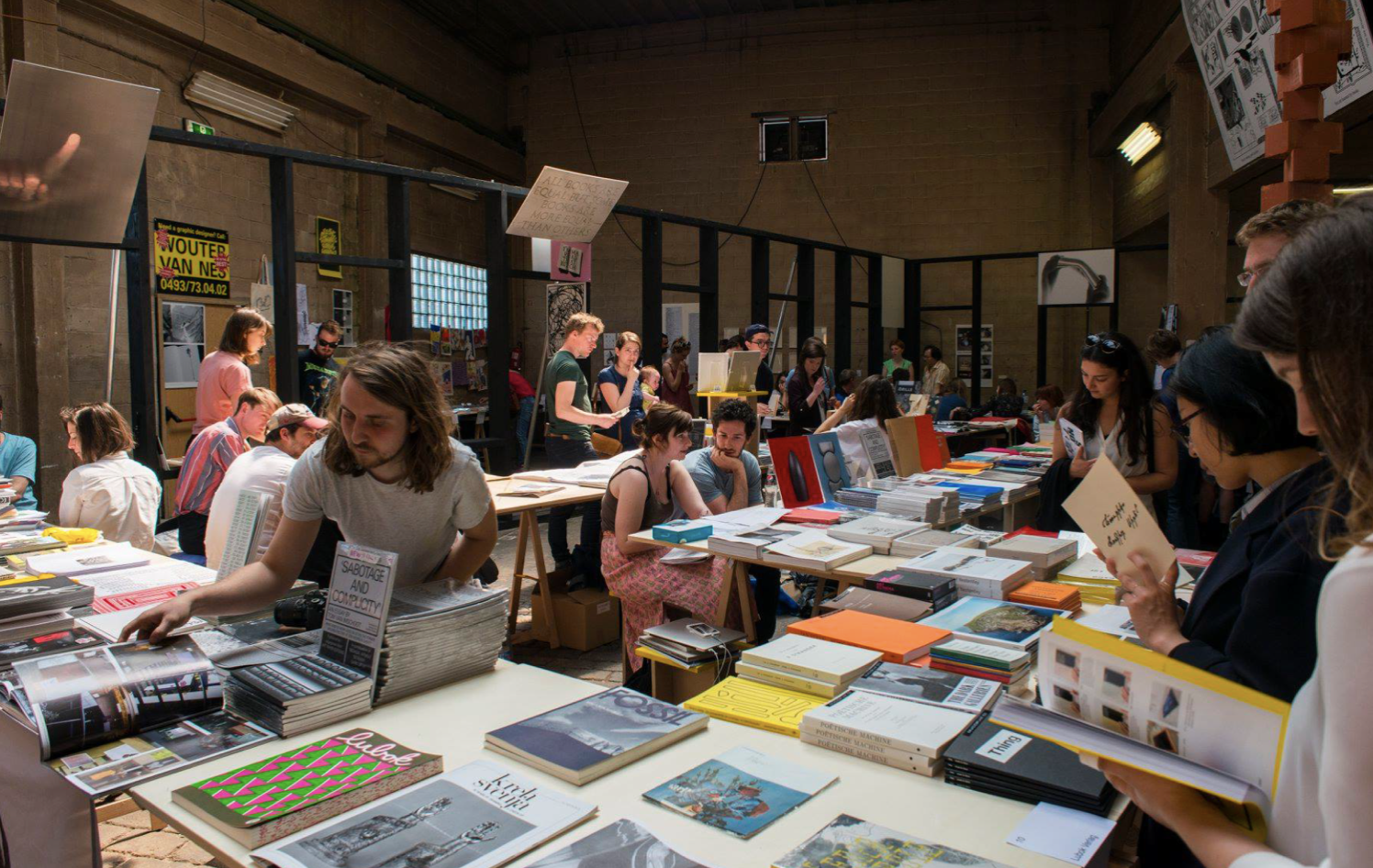
16. Exploring Fiction, Sharing Reality
Meer info
What reality do we share? We are so used to the idea that everyone has his/her own reality that it becomes increasingly difficult to answer this simple question. Why is that? What are the consequences? And is there something ‘we’ – if there is such a reality – can do about it?
In this seminar we use fiction as a search light into the dark of these contemporary concerns, literary or self-conscious fiction to be more precise. We start by asking why we need fictions: can’t we confront reality as such? After investigating the fictions we live by, we will proceed be asking how literary fiction works and how it relates to world-building, consciousness and empathy. Finally, we ask ourselves how fiction in a work of art can be a way to share reality.
And this prompts us of course to ask the question we started from: what reality? The reality of our separate lives, confined by climate change? The reality of a present on hold, a future that is cancelled? If this is the horizon we actually share, then we might wonder how fiction could be turned into a tool to change it. How can fiction become a critical medium, a source of resilience, a way of creating a newly shared reality – aesthetically, ethically and politically?
We will research all these questions by studying literature and by creating fictions ourselves.
Campus Gent | Beeldende Kunsten
Tom Van Imschoot
6 ECTS
Semester 2
English
max 25 students
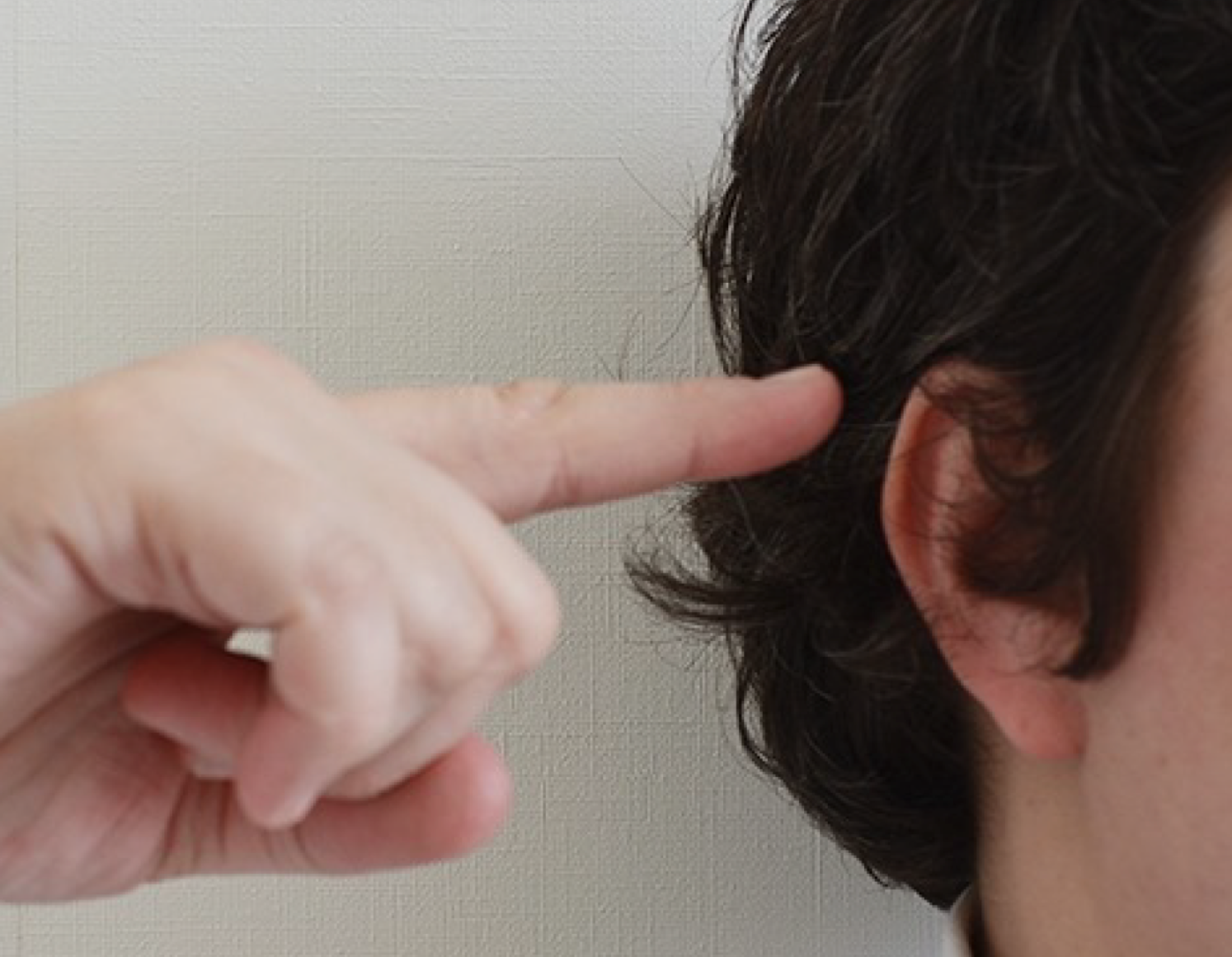
17. Audio Topography
Meer info
During my doctoral research I reflected on the different ways of looking and listening, realizing that scientific advances not only changed the tools of the artist/architect, but also gave new understandings of how nature works. For me, the analysis of sound means describing and cataloguing its associated phenomena and occurrences without giving an explanation, resulted in an “audio topography”. Hearing sounds in a space is a joyous moment, because it is only then that they become part of the real world. A sound can open a meaningful dialogue with the existing architecture, hopefully shedding a different or new light on my understanding of it. In this master seminar we will study and map auditory environments. And by studying the visual and acoustical characteristics of spaces, there is the possibility in this seminar to create (virtual) sound environments which address our sensory system.
Campus Gent | Beeldende Kunsten
Esther Venrooij, Isolde Vanhee
6 ECTS
Semester 2
English
max 25 students
18. Art, Market and Commons
Meer info
In this master seminar the focus is on a collective research of critical practices and perspectives related to the creative industries and art markets, with special attention to the notion of the commons. We reflect on the impact of neoliberal politics on the arts and cultural policy, also in Belgium and Flanders. The seminar also introduces a frame of reference to get an understanding of the notion of the “commons” as a popular concept in certain artistic circles. This notion is associated with self-governance, solidarity and new forms of living together and the believe that peer-to-peer relationships will produce new modes of production and new relations of production. We critically explore artistic responses and experiments that react to these effects of marketization. We look into concrete examples of art collectives who try to create more sustainable, self-organized and self-regulating modes of collaboration and organisation. We discuss strategies in works and projects of artists such as Robin Vanbesien, Ronny Heiremans and Katleen Vermeir, and organizations such as Timelab, Future Farmers, SOTA, Caveat, Ruangrupa or the Land Foundation, …
The students will engage in research trajectories of collective organisation forms in the arts and organise a public conversation related to these research trajectories, in which they engage in a dialogue about these projects with peers. The students also work on individual or collective (audio)visual responses to these trajectories by which they relate these insights to their own practice.
Campus Gent | Beeldende Kunsten
Hannelore Vanden Abbeele
6 ECTS
Semester 2
English
max 25 students
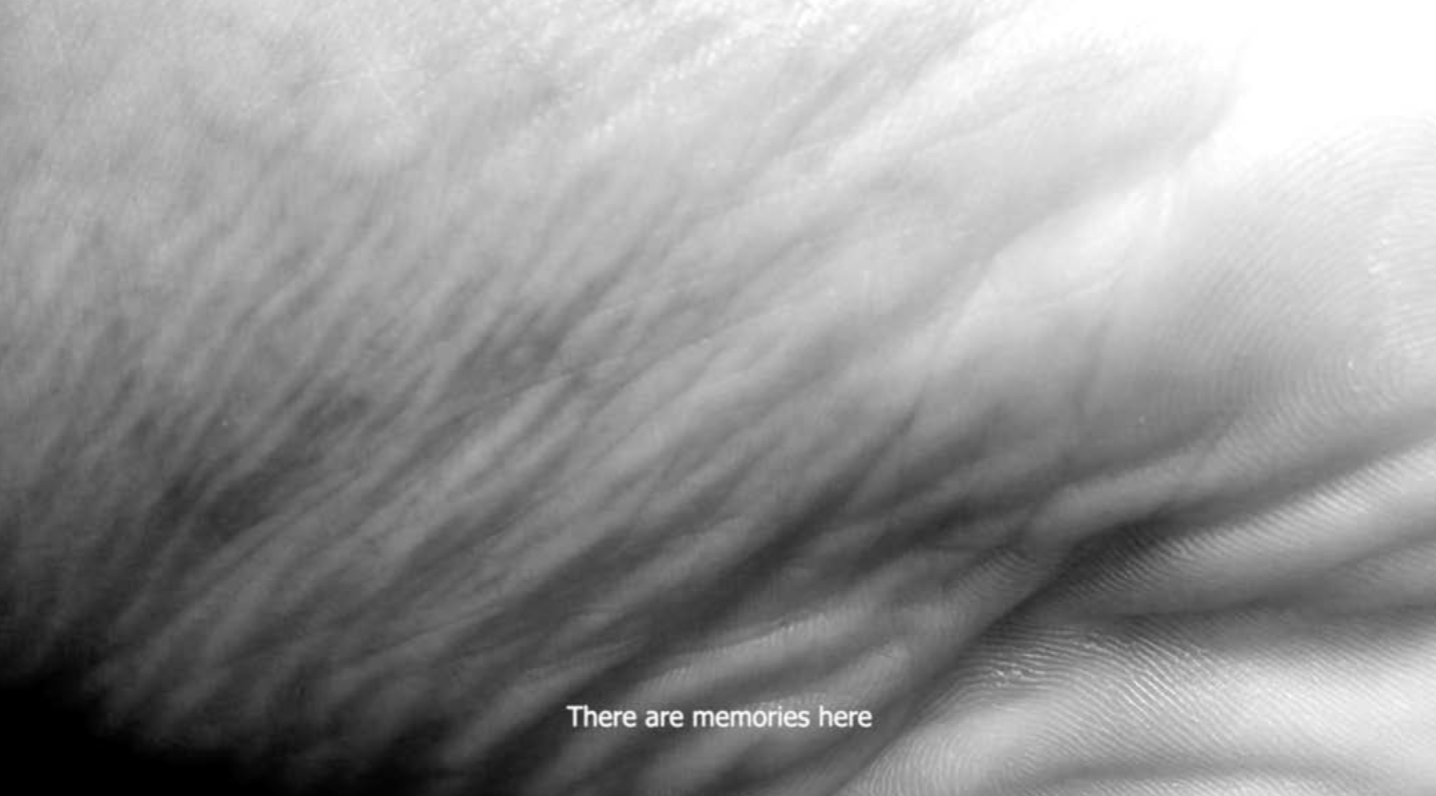
19. Regenerative Aesthetics
Meer info
Regenerative Aesthetics is a term used by art theoretician Roger Marx at the beginning of the 20th century and further developed by contemporary philosopher Jacques Rancière, in the context of his thinking on emancipation. We will explore this term and its practical and theoretical implications regarding the horizon of the Anthropocene – the ecological phenomenon that nature is fundamentally touched by humans, most prominent in climate change. Therefore, we will study the understanding of Regenerative Aesthetics by Marx and Rancière and compare it with expanding interpretations of philosophers like Bernhard Waldenfels and François Jullien, sustainability researcher Fred Luks or economist Thomas Piketty. The aim of this research seminar is two-folded: on the one hand a theoretical study of conceptual conditions of Regenerative Aesthetics, on the other hand practical research in exploring artistic ways to work with it, to perform it. At the end of the seminar the students have insights in the concept of Regenerative Aesthetics, examples of testcases how to deal with it and an understanding of methodological options to counterbalance theory and practice in research.
Campus Gent | Beeldende Kunsten
Volkmar Mühleis
6 ECTS
Semester 1
English
max 25 students
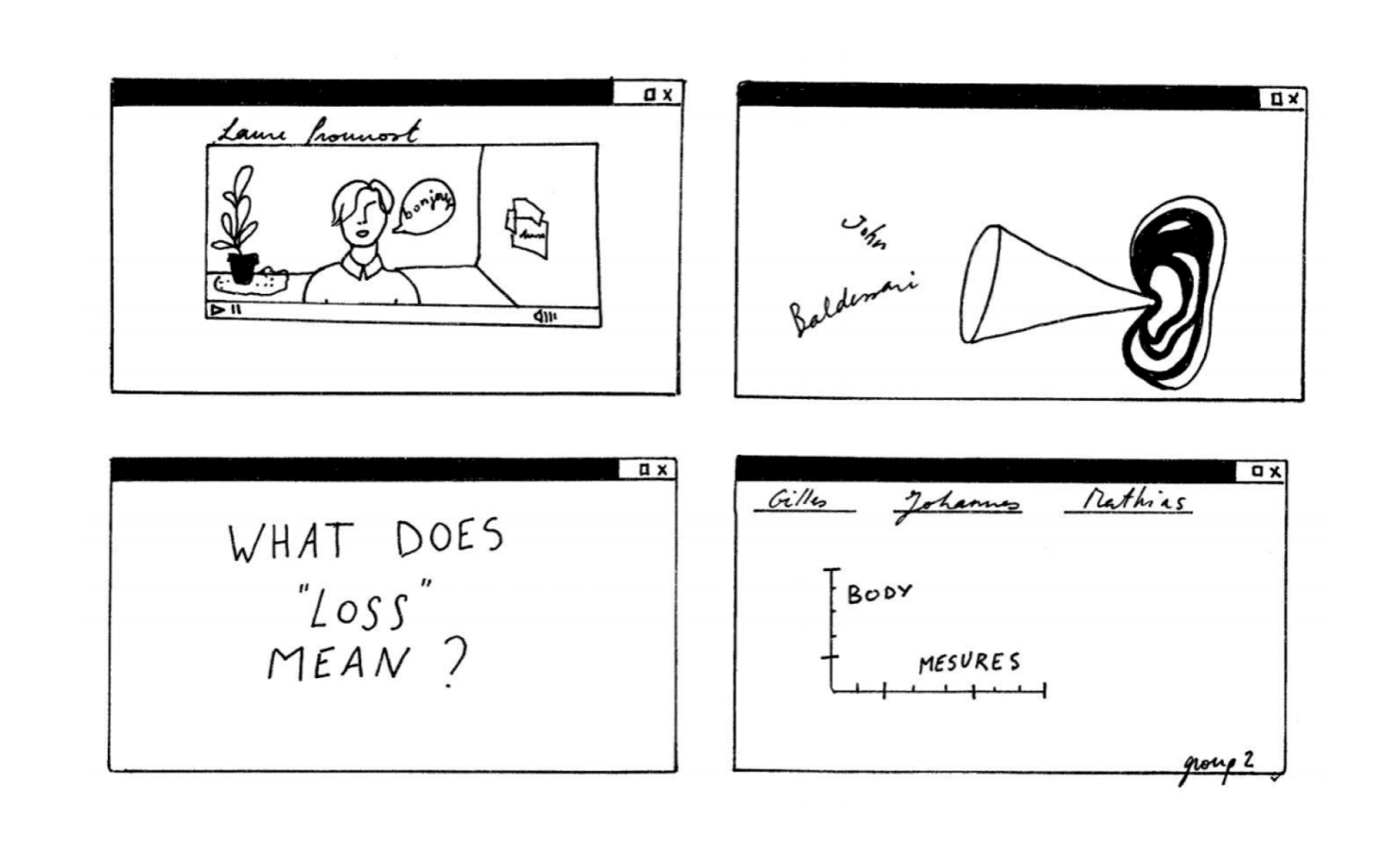
20. Artistic and Curatorial Research
Meer info
This seminar intends to introduce students to the methods and goals of artistic and curatorial research. What does it mean to address a theme and a series of research questions as an artist or exhibition maker and to carry out research around them? What distinguishes research in the arts from other forms of research and what are the continuities? The seminar invites students to develop as a group and individually an artistic and curatorial research project taking a given subject as point of departure.
Campus Schaarbeek | Beeldende Kunsten
Ans Mertens, Nicola Setari
6 ECTS
Semester 1
English
max 30 students
Praktische informatie en Trajectbegeleiders – Practical Information and Study Counsellors

21. Curatorial Practices
Meer info
The elective is a one-week intensive workshop exploring the practice of exhibition making from the perspectives of artists and curators. It looks into their interaction also with other agents in the contemporary art system. What form of cultural and knowledge production is exhibition making? What are the values at stake in making artworks public and what are the negotiations/mediations that make the process possible?
Remark: 1 week full-time.
Campus Schaarbeek | Beeldende Kunsten
Nicola Setari, Ans Mertens, Laurens Dhaenens
6 ECTS
Semester 2
English
max 25 students

22. Irrational Knowing
Meer info
The sessions focus on the difference between rational knowledge and irrational knowing. Whereas the first one is once and again confirmed in our daily life, in the importance of science today and in the strong belief that we can measure all things, the second one is clearly forgotten and underestimated. Strangely enough it is the second one that rules the most important things in our life. Such questions as: why do we love ?, why do we act ?, and why do we live ? illustrate that we seem to ‘know’ at lot more than the strictly rational.
The ‘knowledge’ of the body and the sense, the outer, inner and upper world, … views of guest speakers and student presentations about this matter will be the subject of the seminar ‘Irrational Knowing’.
Campus Schaarbeek
Johan Teirlink
6 ECTS
Semester 1
English
max 76 students
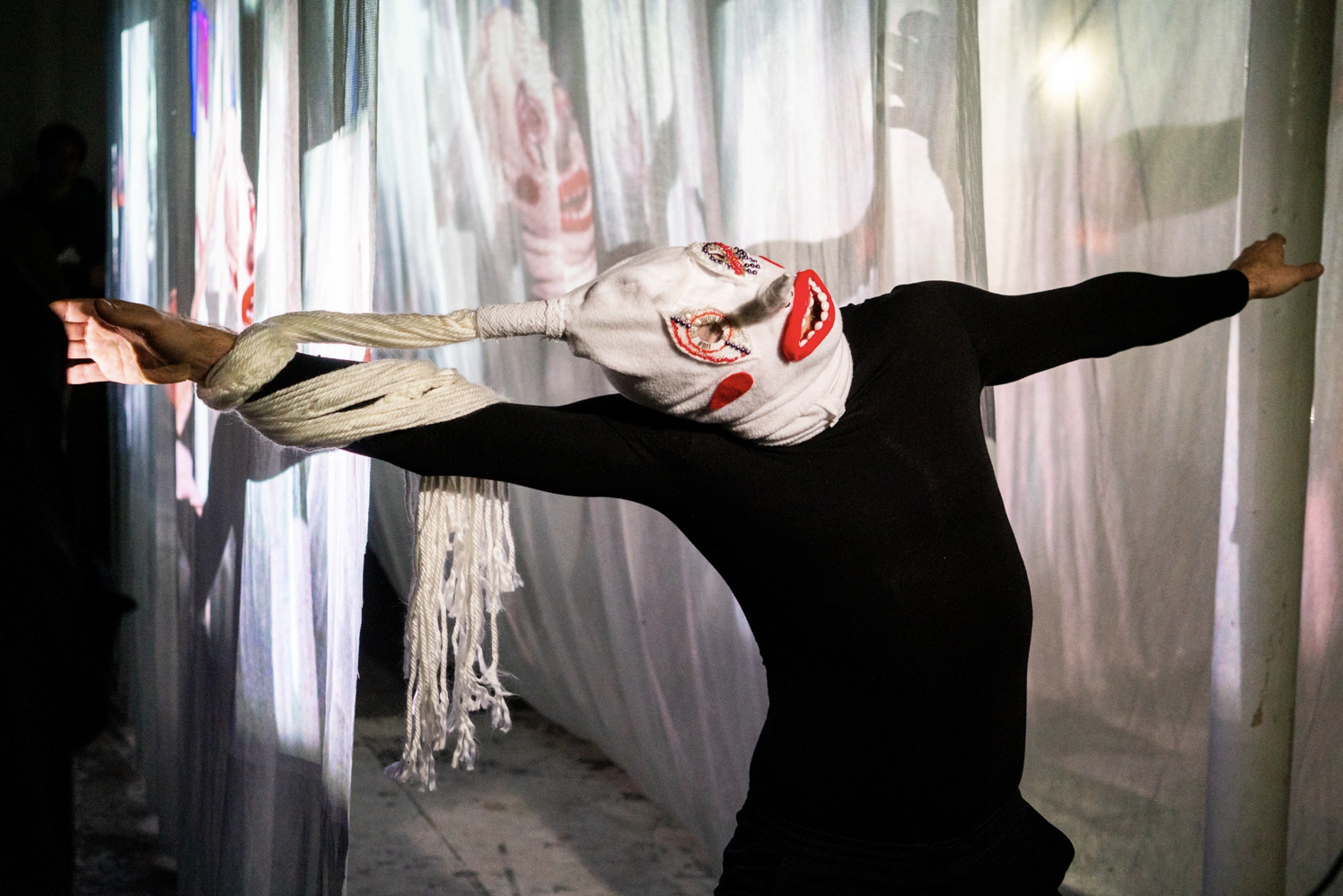
23. Common Grounds
Meer info
The ‘Common Grounds’ course is an experimental practice based research into the transmedia applications of the various modalities of sound and vision. The course offers students a platform for exploring the boundaries and synergy between both their own medium and various forms of presentation. Special attention is given to the common ground between different media and different approaches: analogue, digital, visual, sound, verbal, movement, etc.
This interdisciplinary project resides at BAC ART LAB – Leuven and results in an evening performance in collaboration with STUk – Leuven. The course invites musicians, visual artists and performers to experiment with new presentation formats, originating in their own practice with the aim of realizing an interdisciplinary artwork.
For further information visit: https://www.luca-arts.be/nl/commongrounds
Campus Schaarbeek | Beeldende Kunsten
Klaas Verpoest, Peter Jacquemyn, Jan Pillaert
6 ECTS
Semester 1
English
max 30 students
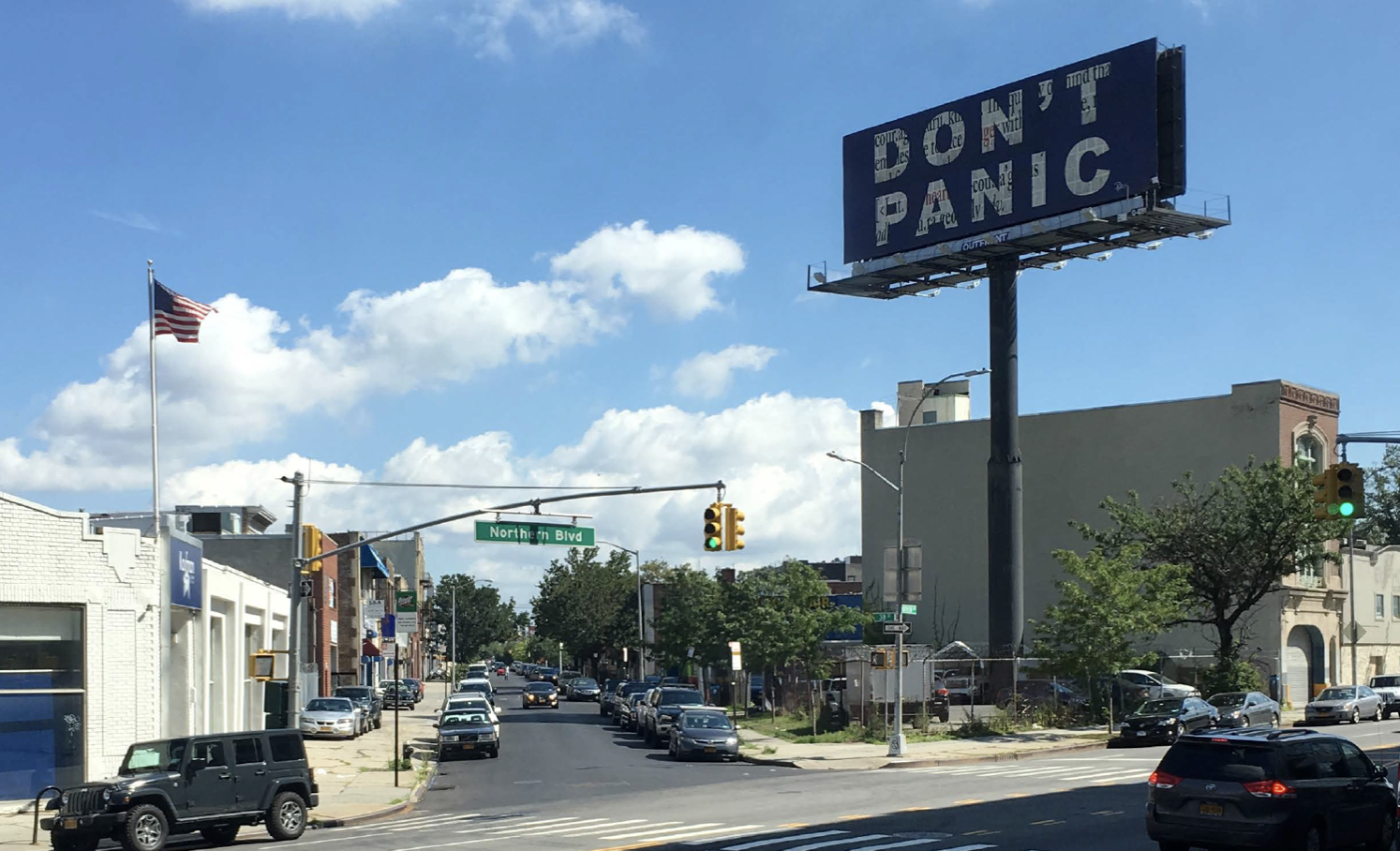
24. Industry 4.0 Design Strategies
Meer info
Introduction to the characteristics of the industry 4.0.
During the COVID-19 pandemic we are all being forced to explore new digital solutions to remain operational. After mechanisation, mass production and automation, now computation and the “Internet of things” are transforming how we design and create. Industry 4.0 concepts such as tracking devices, Big Data, and Artificial Intelligence are now commonplace in our worldwide battle against the coronavirus. While this rapid transformation is blurring the boundaries between physical, digital and biological realms, the automated algorithms are driving the “smart factory”. Design as we know it will change forever. So, when our tools start talking back to us, what are the strategies for co-creation with systems that are smart by design?
Remark: intensive course week 30/01/2023 – 03/02/2023
Campus Schaarbeek | Beeldende Kunsten
Boris Debackere
6 ECTS
Semester 2
English
max 30 students
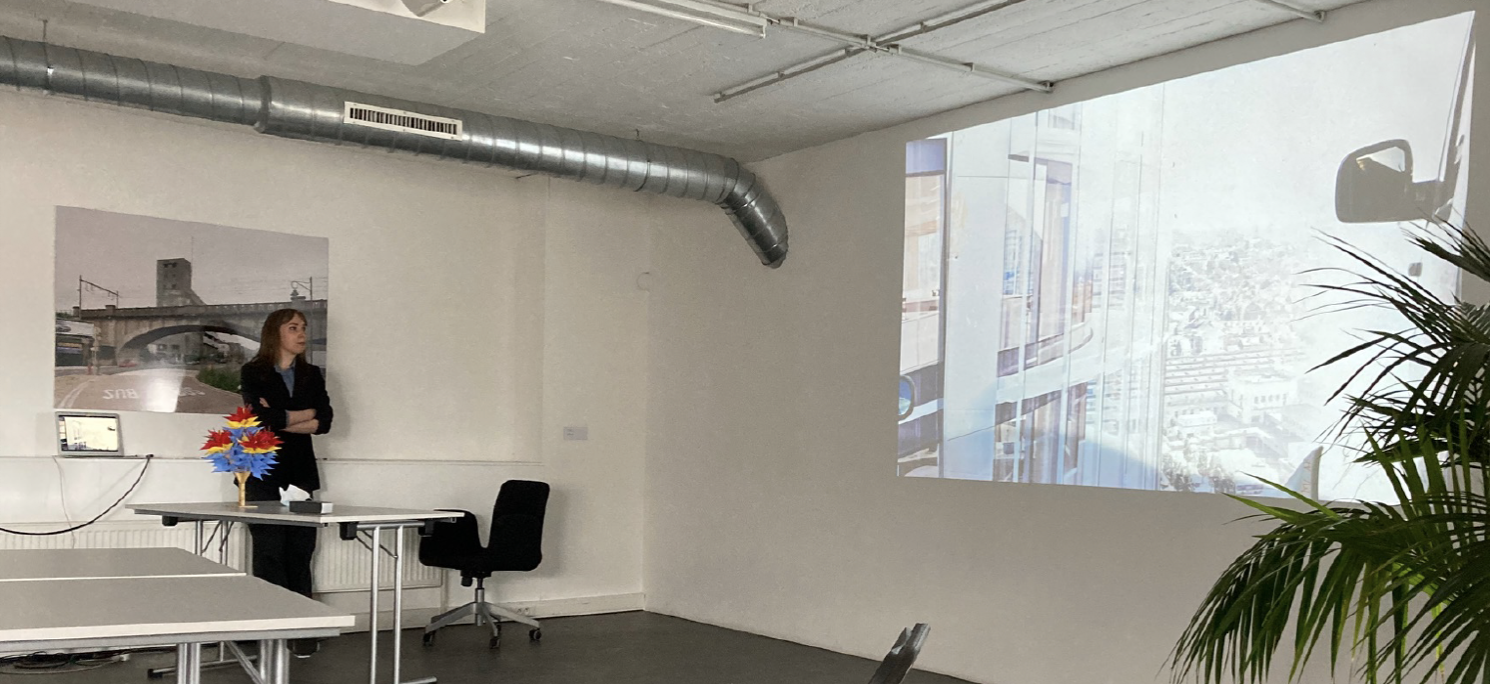
25. Critical (re)positions
Meer info
Critical (re)positions aims to address actual questions around society and its demands. It offers a critical platform to reflect upon artistic positions into a complex and globalized world. Each year another theme is focused upon. Lectures, readings, exhibitions are the tools to a multi-disciplinary approach of the theme.
The course consists of two dynamics: through encounter(s) with theoreticians, artists and their artwork a profound theoretical questioning is put into place. (input)
A self-8eflective process around the theme is expected. At the end of the course each participant presents a research /work where a point of view towards the given problematics in relation to his/her personal practice and theoretical background is taken. (output). It will address issues like resistance, gender, diversity, and ecology, (not all at the time)
The course will take place in the second semester during one intensive week and the end of the week the participants present a reflection on the course which include personal approach of his or her own practice.
An additional reflection and written paper is asked as closure for the course, to hand in three weeks after the end of the intensive course.
Campus Schaarbeek | Beeldende Kunsten
Els Opsomer
6 ECTS
Semester 2
English
max 28 students